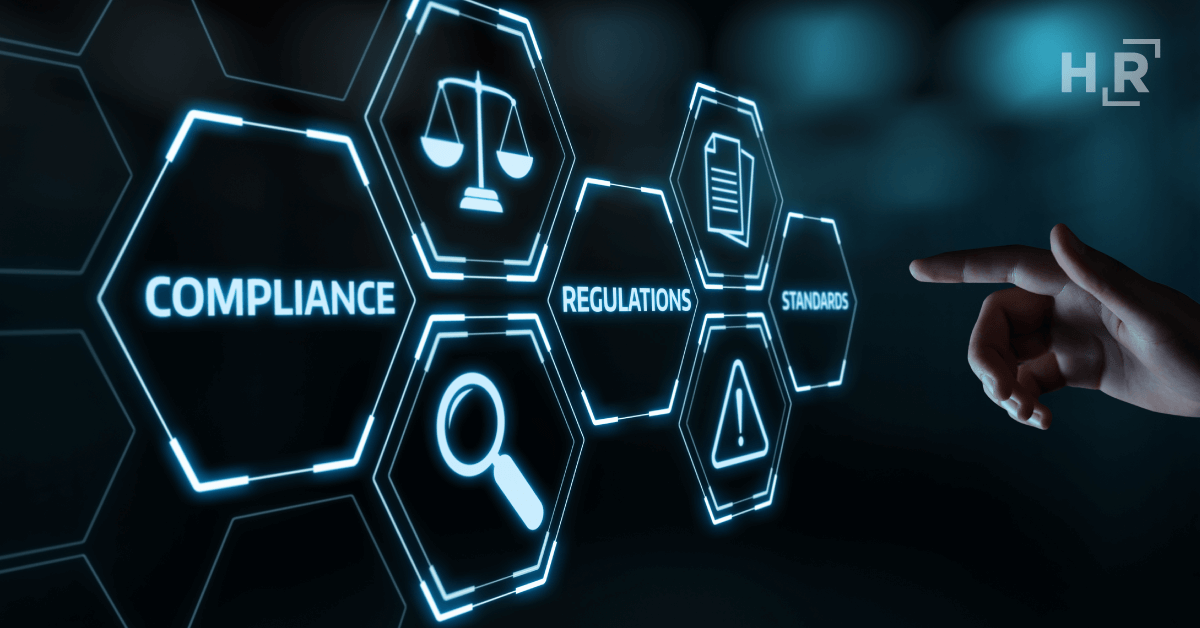The Importance of Complying with FINRA, and How to Best Do So
Federal regulations mandate that the Financial Industry Regulatory Authority (FINRA) member firms conduct both fingerprint-based and name-based background checks on most of their employees as they join the organization. Employers take big risks with non-compliance.

Federal regulations mandate that the Financial Industry Regulatory Authority (FINRA) member firms conduct both fingerprint-based and name-based background checks on most of their employees as they join the organization. FINRA’s rules were designed to ensure that employees, and brokers in particular, are individuals of good moral character and can handle sensitive financial information with care. FINRA conducts periodic investigations and reviews of its member firms to verify that they are complying with the rules.
Big Risks with Non-Compliance
While FINRA’s rules are critical to safeguarding our financial systems, they may seem onerous to some employers, especially considering the time it takes to onboard new hires.
In particular, for securities professionals seeking registration, FINRA’s Form U4, as described in Rule 3110(e), requires employers to fill out a complete dossier on the candidate. Employers must conduct a comprehensive search of public records, verify the person’s employment and professional licenses and search for any evidence of professional sanctions or criminal conduct. As part of FINRA’s rules, employers must verify the information is correct before they submit it to regulators.
To reduce the burden on firms, FINRA announced last year that its reviews of applications would be completed within 15 days. Information from Form U4 is included in FINRA’s BrokerCheck, an online platform where investors can learn more about the people handling their money.
Altogether, the requirements can make for a lengthy time-to-hire, and some firms may maneuver around the rules for that reason. But, if they do, they face enormous risks beyond the potential of a substantial fine from FINRA. Their brand reputation could take a hit. More importantly, brokerage houses could put their customers’ interests in jeopardy and lose their ability to provide services under FINRA.
Best Practices for FINRA Background Checks
There are ways to streamline the background check process to reduce the workload and time it takes to bring on new employees. Here’s what FINRA members can do to ease vetting procedures:
Develop a policy that considers time-to-hire
FINRA’s requirements are broad and complex. It’s important for staff members who are charged with vetting these individuals to understand FINRA’s specific adjudication guidelines and develop policies to adhere to them. This might include communicating with the candidate at the outset about FINRA’s screening rules, so they understand that they’ll be asked to disclose any criminal history or professional sanctions subject to relevant laws and ban the box restrictions.
Bring on a third-party background check provider
Third-party service providers have the tools to help employers comply with these stringent requirements. They offer solutions to help provide disclosures, authorizations and notices that employers must obtain from prospective employees and can offer fingerprint services through authorized FBI channelers. They also should have systems in place that provide easier access to public records to dig up needed information. All these services can help speed up the work to secure the proper approvals.
Engage legal counsel with FINRA knowledge
Legal advisors on your team should understand FINRA’s rules and the ramifications for non-compliance. For example, they’ll need to know that when a third-party service provider plans to use a platform like BrokerCheck, specific disclosures must be made available to the candidate before the screening ever begins, with additional notices provided during the screening process. They’ll also need to be well-versed in the details of the Fair Credit Reporting Act’s investigative consumer reporting requirements and various other state laws, which FINRA’s background checks typically trigger.
FINRA’s rules may seem burdensome, but the regulatory group makes it clear what employers need to do. When companies have the appropriate tools and systems in place, it’s possible to swiftly comply with those obligations and bring new employees on board without fear of consequences.
Looking for more information about our background check services, please contact us today!
Release Date: September 26, 2019

Alonzo Martinez
Alonzo Martinez is Associate General Counsel at HireRight, where he supports the company’s compliance, legal research, and thought leadership initiatives in the background screening industry. As a senior contributor at Forbes, Alonzo writes on employment legislation, criminal history reform, pay equity, AI discrimination laws, and the impact of legalized cannabis on employers. Recognized as an industry influencer, he shares insights through his weekly video updates, media appearances, podcasts, and HireRight's compliance webinar series. Alonzo's commitment to advancing industry knowledge ensures HireRight remains at the forefront of creating actionable compliance content.